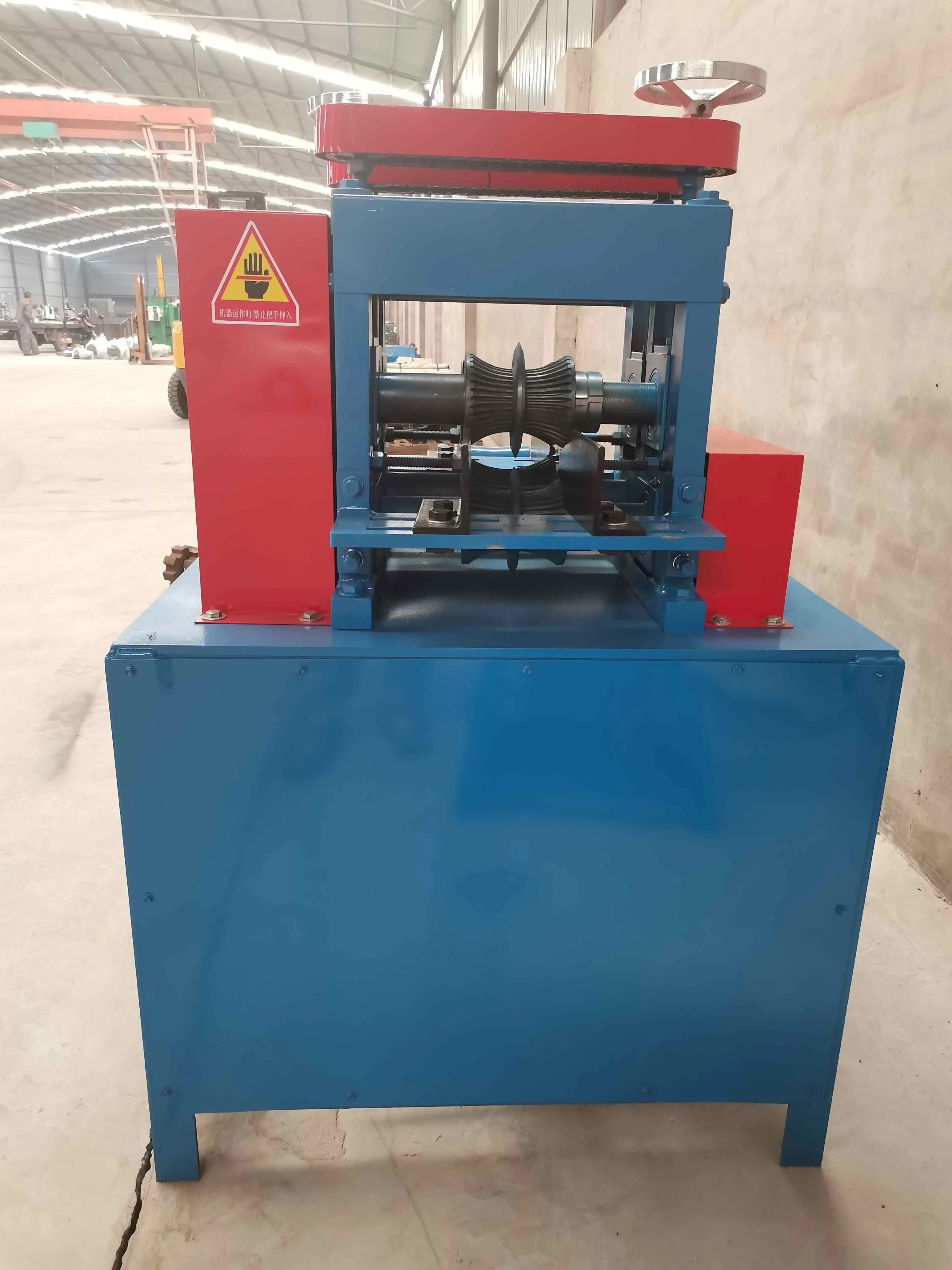

nóv . 18, 2024 21:27 Back to list
Proper Disposal of Electronic Devices A Guide
In the modern world, electronic devices such as smartphones, laptops, and tablets are integral to our daily lives. However, with rapid technological advancements, these devices frequently become obsolete, leading to the pressing issue of how to properly dispose of them. Improper disposal of electronic devices can have severe environmental impacts, including toxic waste and pollution. Therefore, it is essential for consumers to understand the best practices for disposing of their electronic devices responsibly.
The first step in the disposal process is to assess the condition of the device. If it is still functioning, consider donating it. Many charities and community organizations accept working electronics, which can benefit those in need. Schools, shelters, and non-profit organizations often welcome donations of laptops and tablets to enhance educational programs. This not only helps others but also extends the life cycle of the device, reducing electronic waste.
If the device is no longer usable, recycling is the next viable option. Electronic devices contain materials that can be reclaimed and reused. For instance, metals like gold, silver, and copper, along with plastics and glass, can be recycled. Many manufacturers have take-back programs, allowing consumers to return their old devices to the company for responsible recycling. This not only ensures that hazardous materials are handled correctly but also encourages businesses to adopt sustainable practices. Check the manufacturer's website for specific instructions on how to return devices for recycling.
Local recycling programs also play a crucial role in the proper disposal of electronic waste. Different regions have various regulations and facilities for e-waste recycling. It’s important to research local programs and drop-off centers that specialize in electronic waste. Some cities hold recycling events where residents can bring their old devices for safe disposal. Engaging with these services ensures that electronic waste is processed in an environmentally-friendly manner, minimizing the impact on landfills and the environment.

Before disposing of any electronic device, data security should be a top priority. Many people overlook the importance of wiping their devices clean of personal information. Simply deleting files or performing a factory reset may not be sufficient, as data can often be recovered. Use reliable data-erasing software to thoroughly wipe all personal information from the device. This step is crucial to protect against identity theft and ensure privacy is maintained even after the device leaves your possession.
Another option to consider is trade-in programs offered by various retailers and manufacturers. These programs allow consumers to exchange their old devices for store credit or discounts on new purchases. This not only provides an incentive for proper disposal but also encourages consumers to recycle their old devices responsibly. It’s a win-win situation consumers save money while ensuring that their outdated electronics are processed correctly.
In certain cases, if the device is beyond repair and not suitable for donation or recycling, it may be eligible for disposal through a hazardous waste facility. Some electronic components, like batteries and circuit boards, contain toxic substances that can leach into the soil and water if discarded improperly. Check with local waste management authorities to identify safe disposal options for hazardous electronic materials.
In conclusion, properly disposing of electronic devices is a vital responsibility that comes with modern technology use. By considering donation, recycling, data security, and utilizing trade-in programs, consumers can contribute to reducing electronic waste and protecting the environment. Taking these steps not only helps to conserve valuable resources but also fosters a culture of sustainability. As technology continues to evolve, let’s remain mindful of our impact on the planet and ensure that electronic waste is handled with care and responsibility.
Latest news
Troubleshooting Common Eddy Separator Problems
NewsJul.04,2025
The Role of Metal Recycling Plants in Circular Economy
NewsJul.04,2025
The Impact of Recycling Line Pickers on Waste Management Costs
NewsJul.04,2025
Safety Features Every Metal Shredder Should Have
NewsJul.04,2025
How Industrial Shredders Improve Waste Management Systems
NewsJul.04,2025
How Cable Granulators Contribute to Sustainable Recycling
NewsJul.04,2025